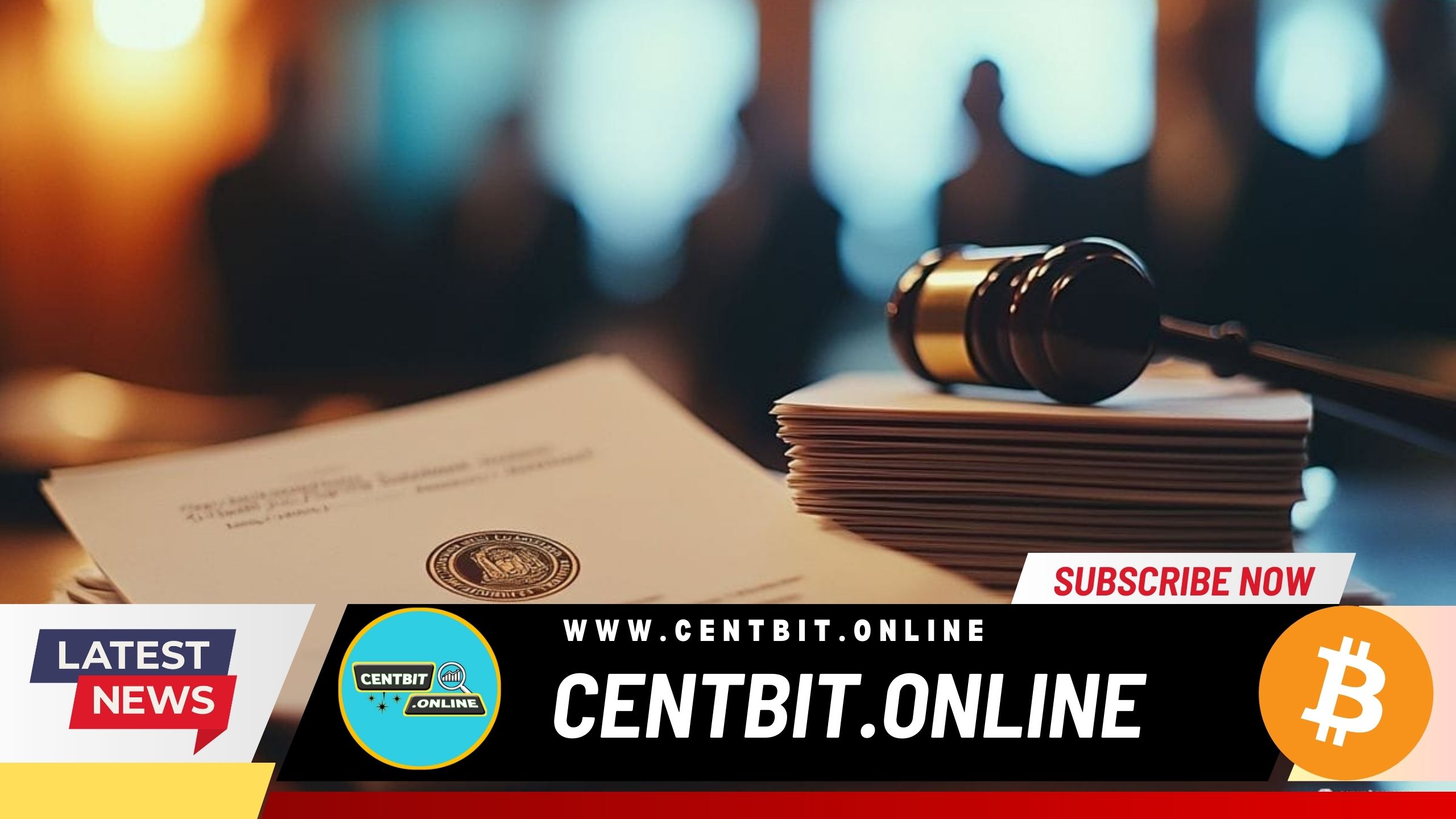A recent report from the Bitcoin Policy Institute proposes that central banks consider Bitcoin as a strategic hedge against economic and geopolitical uncertainties. The report, titled The Case for Bitcoin as a Reserve Asset and authored by economist Matthew Ferranti, argues for Bitcoin’s potential to protect national reserves against inflation, capital controls, sovereign defaults, banking crises, and sanctions.
Ferranti underscores Bitcoin’s lack of strong correlation with traditional financial markets, describing it as an “effective portfolio diversifier.” This quality, he claims, enhances Bitcoin’s appeal for countries aiming to reduce dependence on the U.S. dollar.
Bitcoin’s Decentralization Draws Interest From Sanctioned Nations
With its decentralized nature and absence of counterparty risk, Bitcoin could be particularly beneficial for countries susceptible to financial sanctions, such as Venezuela and Russia, which Ferranti categorizes as experiencing “selective defaults.” While Bitcoin may not be ideal for every central bank, Ferranti likens its store-of-value potential to gold in terms of hedging against currency depreciation.
This report complements growing interest among U.S. policymakers, with calls for a U.S. Bitcoin strategic reserve gaining traction. Wyoming Senator Cynthia Lummis has introduced the Bitcoin Strategic Reserve Bill, aiming to acquire 5% of Bitcoin’s total supply for the U.S. Treasury. Former President Donald Trump also expressed support for Bitcoin, suggesting its use to reduce national debt due to its fixed supply, as discussed at the Bitcoin 2024 conference in Nashville.
Bitcoin advocates, including MicroStrategy CEO Michael Saylor, see this initiative as a historic economic opportunity, comparable to the Louisiana Purchase. However, some, like Cardano founder Charles Hoskinson, have raised concerns that a national Bitcoin reserve could enable government influence over the network, potentially compromising its decentralized integrity.
Federal Reserve Paper Calls for Taxing or Restricting Bitcoin
The Bitcoin Policy Institute report follows a research paper from the Federal Reserve Bank of Minneapolis that expresses concerns over Bitcoin’s potential impact on government fiscal management. The Fed paper suggests that Bitcoin may need to be taxed or banned to mitigate complications in maintaining permanent government deficits, which are increasingly financed through nominal debt.
Similarly, the European Central Bank (ECB) has advocated for restrictive policies on Bitcoin. ECB Senior Management Adviser Jürgen Schaaf reiterated this stance, pointing out issues related to wealth distribution and advocating for curbs on Bitcoin’s growth.
Some critics argue that these restrictive stances from the Fed and ECB overlook broader issues of monetary inflation. For instance, the UK’s public sector debt recently reached nearly 98% of GDP, the highest level since the 1960s. In the U.S., national debt has swelled to $35 trillion, exacerbated by a 41% increase in the M2 money supply since 2020.
For the latest in Bitcoin research and policy developments, visit CentBit.Online – Crypto & Blockchain Expert Bangladesh.



